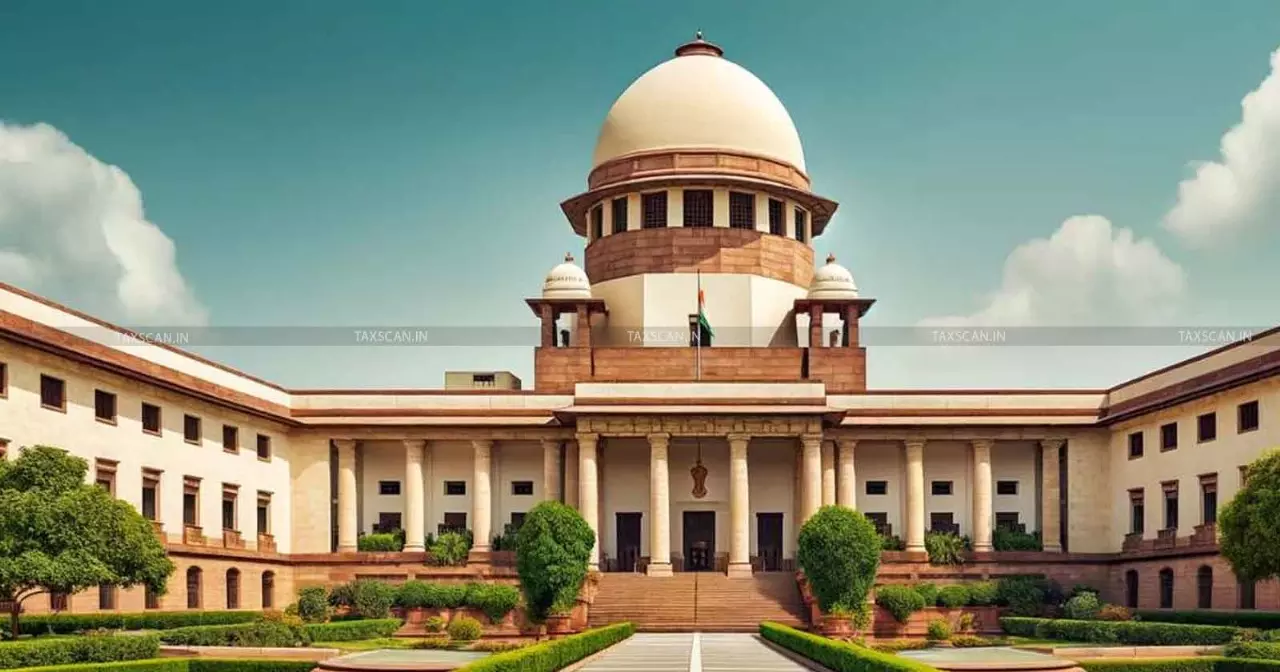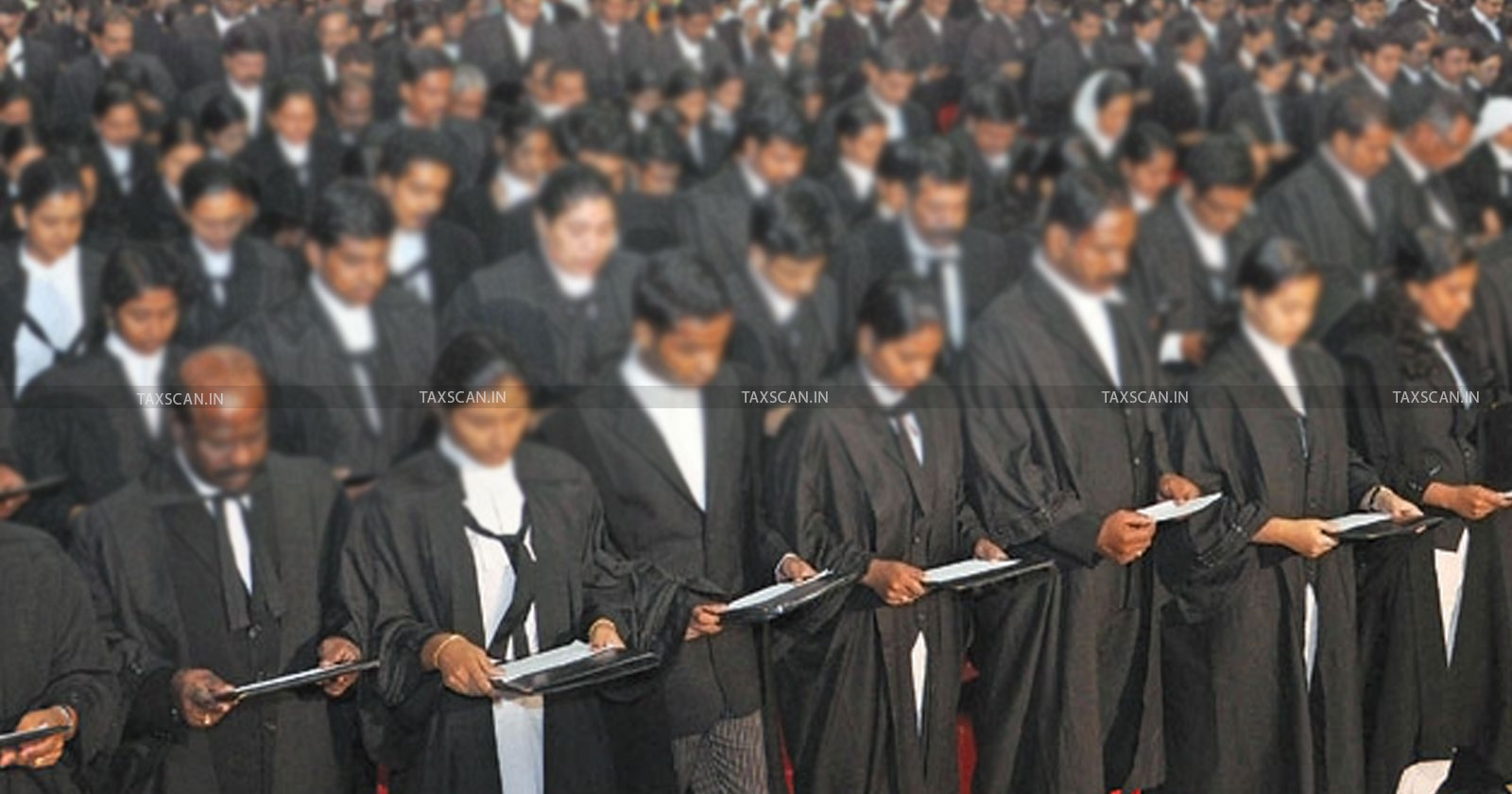Supreme Court Asks BCI to Consider Relaxing AIBE Fee for Economically Weaker Law Graduates
The BCI counsel defended the ₹3,500 fee, claiming it was modest in comparison with fees charged for other national-level examinations

The Supreme Court of India, on July 18, urged the Bar Council of India (BCI) to consider formulating a policy for exempting candidates unable to pay the All India Bar Examination (AIBE) fee.
A Bench comprising Justice P.S. Narasimha and Justice A.S. Chandurkar was hearing a writ petition challenging the ₹3,500 fee charged for the AIBE. The petition argued that the amount was excessive and inconsistent with the Supreme Court’s earlier ruling dated July 30, 2024.
In that ruling, the Bench led by Chief Justice D.Y. Chandrachud, along with Justices J.B. Pardiwala and Manoj Misra, had held that enrolment fees charged by State Bar Councils must be capped at ₹750 for general category candidates and ₹125 for SC/ST candidates.
 Also Read:Bar Council Advocate Enrollment Fees not to exceed Rs. 750 for General and Rs.125 for SC/ST Categories: Supreme Court [Read Judgement]
Also Read:Bar Council Advocate Enrollment Fees not to exceed Rs. 750 for General and Rs.125 for SC/ST Categories: Supreme Court [Read Judgement]
During the hearing, the BCI's counsel explained that the July 30 verdict had restricted the Council’s revenue streams, making it difficult to meet its other obligations. However, Justice Narasimha asked the BCI to reassess its current AIBE fee structure. " Take an assessment and check, we don't want to become the regulator- BCI is the body, which we respect, it takes care of the multiple obligations that they have towards members of the Bar." he observed.
Comprehensive Guide of Law and Procedure for Filing of Income Tax Appeals, Click Here
The BCI counsel defended the ₹3,500 fee, claiming it was modest in comparison with fees charged for other national-level examinations. He also stated that most candidates appeared for the AIBE before entering the legal profession, while a few did so within two years of joining.
Justice Narasimha observed that the financial burden of the AIBE fee was not uniform across the country. He pointed out that students from National Law Universities and other law schools often pay high tuition fees, take loans, and work before entering the profession. For many, especially those practising in smaller towns or districts, ₹3,500 is a significant expense.
He stated the need to consider the economic diversity within the legal profession when setting examination fees.
The Court was also informed of the number of candidates who appeared for the AIBE over the past three years: 2.29 lakh for AIBE 19 (December 2024), 1.44 lakh for AIBE 18 (December 2023), and 1.71 lakh for AIBE 17 (February 2022).
The Bench then considered whether a financial support system could be created for those who can't afford the exam fee. Justice Narasimha asked, "Is there any part of the scheme for those who cannot afford...have you thought of it? Some funds you create and set aside..somebody makes an application that please exempt- do you have a scheme like that? You must have."
The BCI counsel responded that the idea would be examined but cautioned that a balanced framework would be necessary to avoid an influx of exemption requests.
The matter is now scheduled to be heard after two weeks.
Support our journalism by subscribing to Taxscan premium. Follow us on Telegram for quick updates


